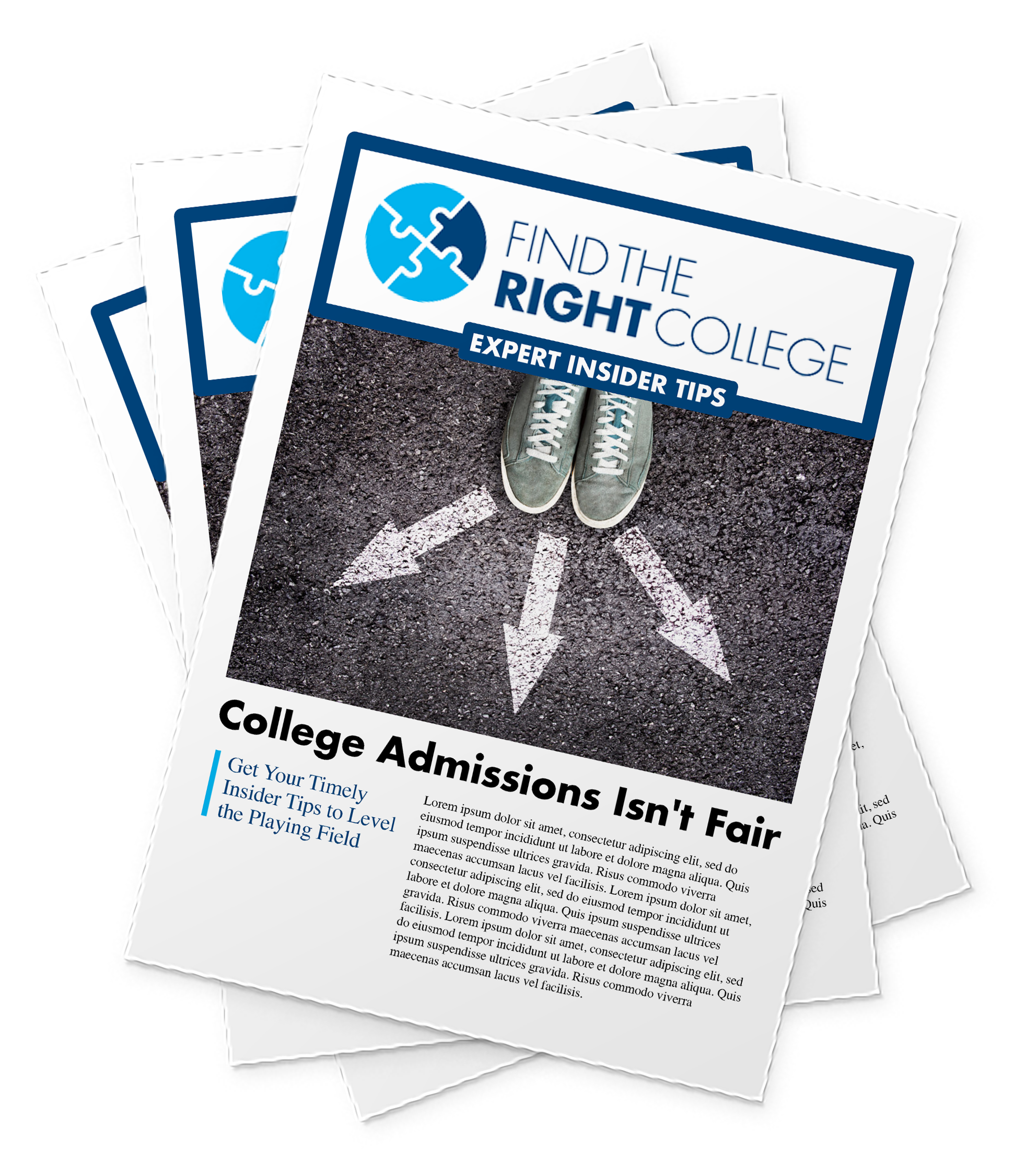It’s crazy hard to get into Yale or Harvard or any other elite university. There’s no mistaking that. And the media loves stories about single digit acceptance rates (see, e.g., Washington Post | New York Times) and students with straight A’s or perfect SAT scores who get denied from Stanford, Princeton, Duke, and the like.
Culturally, we tend to fixate on only one question – Will I get in? But really, that is a terrible question to ask. If we limit ourselves to just that simplistic view of your application or even your entire future teetering on a fence, ready to fall into either the “admit” or “deny” bin, then we fail to focus on how many other critical fences an applicant may face.
By considering just this binary (admit vs. deny) question in applying to college, we forget the strength of an application (including the essay) also determines critical things such as the possible receipt of merit scholarships, placement in the Honors Program or access to a specific major.
But more importantly, if we focus on just the near-term view of whether we get in, then we strike out on asking the most important college search question:
How do I find the college where I will thrive?
There are zillions of questions – many of them very personal – about class environment, academic offerings, climate, out-of-pocket costs and so much more that should supersede the “will I get in” question. Below, I’ve listed 7 questions that encourage families to focus first on THRIVING.
- Affordability. Can we as a family sustain these out-of-pocket expenses for four years?
- Making the Grade. Does this scholarship require maintaining a college GPA that seems reasonable?
- Changing Majors. If my academic interests change, will I still enjoy being enrolled at this college?
- Changing Interests. If my athletic interests or opportunities change, will I still enjoy being enrolled at this college?
- Changing Relationships. Is my interest in this college dependent on friendships or other relationships that may change?
- Personal Growth. Will this college challenge me to consider new ideas and encourage me to interact with a wide range of people?
- Personal Commitment. Am I ready to make a personal commitment to challenge myself to make the most of my opportunities at this college?
Quantifiable data makes plain that a rich college experience improves the course of your life. College graduates earn more money, have more opportunities for leisure and are better positioned to successfully adapt as the world changes. Less than half (48%) of students entering college as full-time first-year won’t graduate from that college in 8 years. Of course, that means very few make it in 4.
To prevent yourself from landing at the wrong school or in the wrong major, focus on asking yourself careful, highly personal questions about finding a college where you will THRIVE.
Related:
- To Find The Right College, Get To Know Yourself First
- Three Free Self-Assessment Tests To Find the Right College
Fitz has dedicated the entirety of his 28 year career to encouraging higher education opportunities. He worked in the Vanderbilt, Duke Law and St. Lawrence admissions offices prior to serving as an enrollment management consultant for 200+ selective colleges around the country. He created Find The Right College to make trustworthy college counseling more accessible. Fitz is also the father of two teens so he also understands first-hand the challenges associated with a college search.



